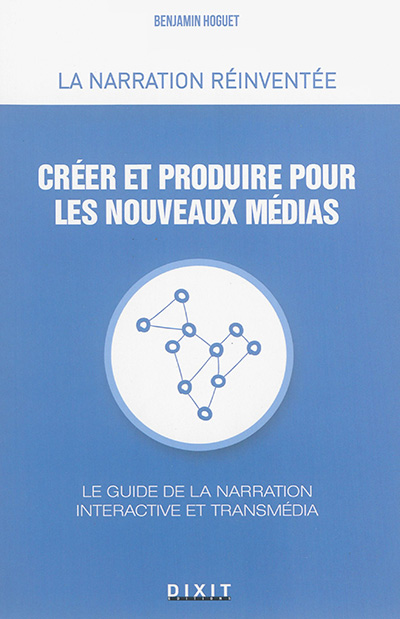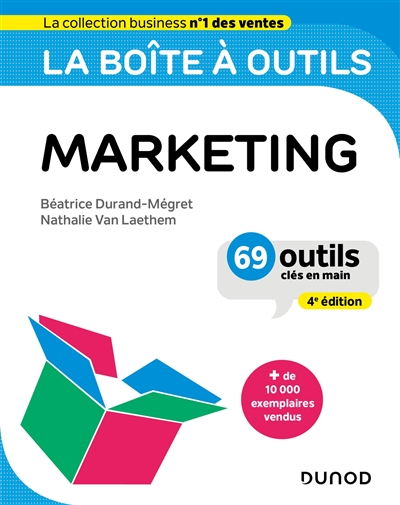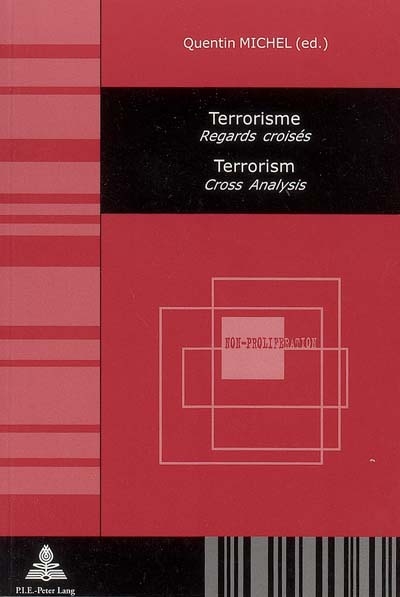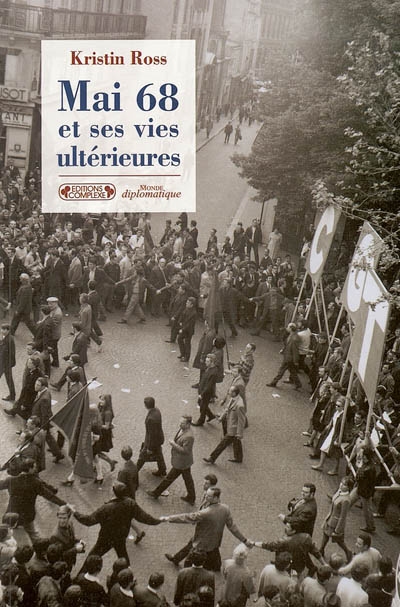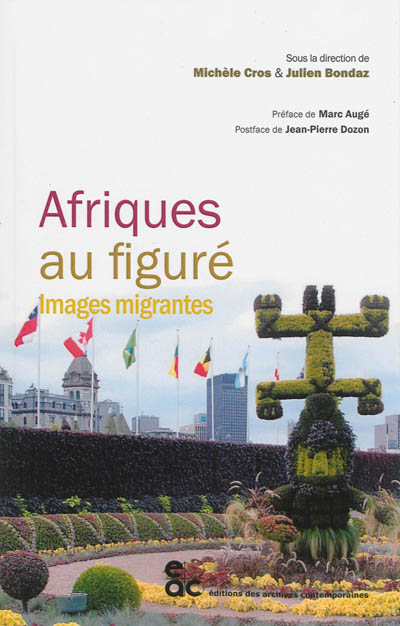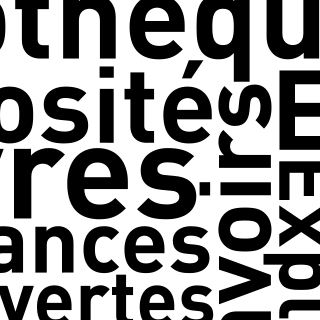par Hoguet, Benjamin
Dixit
2016 -
-
Disponible - A partir du 25 août 2025 - 791.4(076) HOG
Résumé : Synthèse pour découvrir et comprendre la création, la production et la diffusion de contenus pour les nouveaux médias. L'auteur présente les fondamentaux de la narration interactive, les architectures transmédia, les modes de production interactive, les modèles économiques liés, la constitution et l'animation d'une équipe de créateurs, les outils de diffusion, etc. ©Electre 2016

 Les bibliothèques de la ville de Paris
Les bibliothèques de la ville de Paris
 Les bibliothèques universitaires
Les bibliothèques universitaires
 La BnF
La BnF
 L'encyclopédie Wikipédia
L'encyclopédie Wikipédia
 L'Encyclopædia Universalis
L'Encyclopædia Universalis
 La bibliothèque du film
La bibliothèque du film
 La médiathèque de la Philharmonie de Paris
La médiathèque de la Philharmonie de Paris

